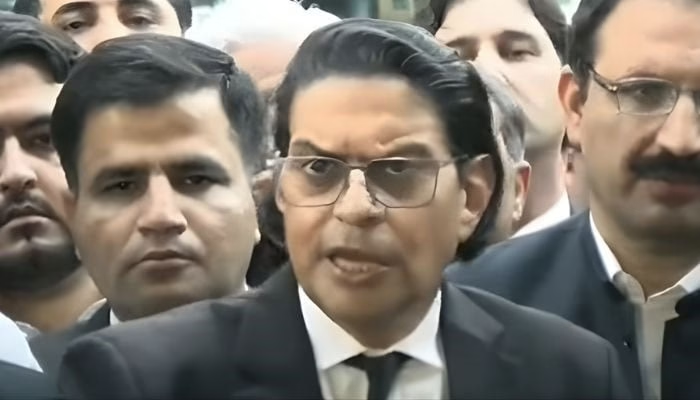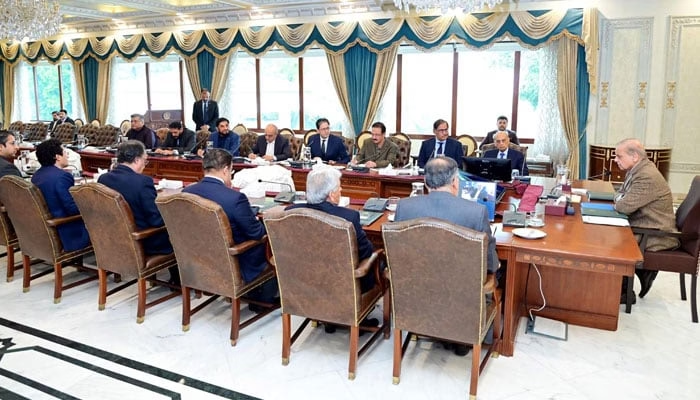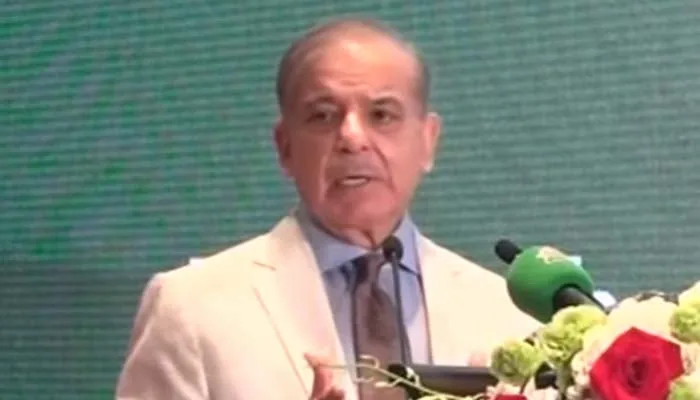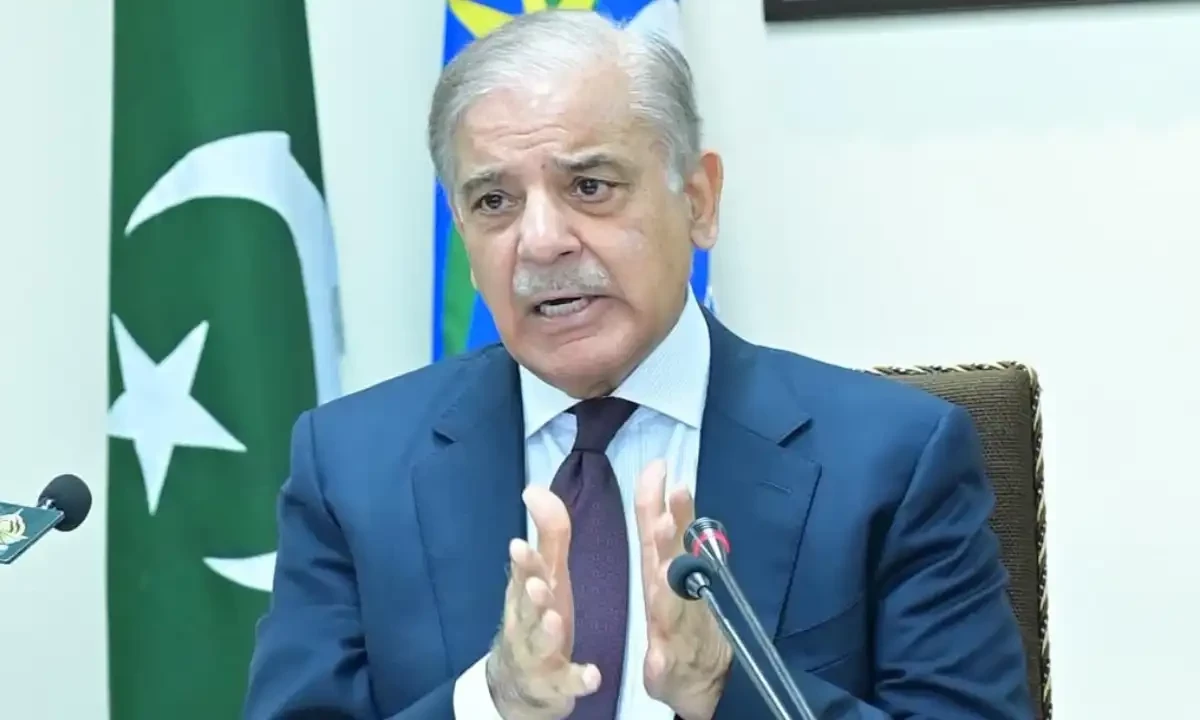The oath taking of KP CM Sohail Afridi has become a central issue in Khyber Pakhtunkhwa’s political and constitutional landscape. With the October 14 deadline approaching, PTI Secretary General Salman Akram Raja has warned that any delay beyond this date would be unconstitutional. The party has filed a petition in the Peshawar High Court demanding that the oath be administered immediately, either by the governor or by the chief justice if the governor refuses.
Legal Impasse Surrounding the Oath Taking of KP CM
PTI leaders argue that delaying the oath taking of KP CM undermines the constitutional process and prevents the province from functioning properly. Salman Akram Raja emphasized that it is the governor’s duty to administer the oath to the newly elected chief minister, and if he fails to do so, the PHC chief justice can legally step in under Article 130 of the Constitution.
The political deadlock stems from Governor Faisal Karim Kundi’s rejection of former Chief Minister Ali Amin Gandapur’s resignation. The governor questioned the authenticity of Gandapur’s signature, leading to a legal and administrative standoff. PTI insists that this objection was raised only to delay the transition of power and accused the governor of acting under political pressure. The Peshawar High Court has now sought a report from the attorney general and adjourned the hearing until October 14.
Political Stakes in the Oath Taking of KP CM
The oath taking of KP CM carries significant political weight beyond its constitutional requirement. PTI’s Sohail Afridi secured a decisive victory in the provincial assembly, receiving 90 votes, while opposition parties such as JUI-F, PML-N, and PPP staged a walkout. The outcome reflects PTI’s continued dominance in Khyber Pakhtunkhwa despite national-level challenges.
Afridi’s election is notable for his rapid political rise. Having begun his political career in 2015, he became an MPA in the 2024 general elections and has now been chosen to lead the province. His selection signals PTI’s effort to bring younger leadership into key positions. However, the federal government has criticized PTI for what it calls soft policies,toward militant groups, increasing political tensions at the national level.
Many observers believe the delay in the oath taking of KP CM is a calculated attempt to create instability in the province. Should the oath not take place by October 14, it could open the door to caretaker governance or even federal intervention, further deepening the political crisis.
Constitutional Deadlines and Precedents
The Constitution clearly outlines the procedure for the oath taking of KP CM. The governor is the primary authority to administer the oath, but if he refuses or is unavailable, the chief justice of the province can take over the responsibility. PTI has requested the PHC chief justice to exercise this constitutional power to ensure the province does not remain without a functioning government.
Previous judicial precedents support such intervention when the executive delays the swearing-in process. The court’s decision to seek a report from the attorney general indicates that it recognizes the urgency of the matter. If the court rules in PTI’s favor, Sohail Afridi could officially assume office before the constitutional deadline passes.
What Happens if the Oath Taking of KP CM Is Delayed
If the oath taking of KP CM is not completed by October 14, Khyber Pakhtunkhwa could face a constitutional vacuum. Without a chief minister, the provincial cabinet cannot be formed, legislative processes will stall, and key administrative functions will remain on hold. This would disrupt governance, delay development projects, and impact public service delivery.
Politically, any delay could also give opposition forces an opportunity to challenge PTI’s authority and question its mandate in the province. Moreover, it could set a concerning precedent where political maneuvering undermines constitutional governance at the provincial level.
The Road Ahead: October 14 as the Deadline
October 14 now stands as a defining date for Khyber Pakhtunkhwa. PTI has made it clear that the oath taking of KP CM must occur by this deadline, whether conducted by the governor or the judiciary. The Peshawar High Court’s next hearing will be crucial in determining whether the constitutional process moves forward smoothly or remains mired in political delay.
The coming hours will decide whether Khyber Pakhtunkhwa transitions peacefully to new leadership or enters a period of uncertainty. The oath taking of KP CM is not merely a ceremonial act—it represents the restoration of constitutional order and the beginning of a new chapter in the province’s governance.



